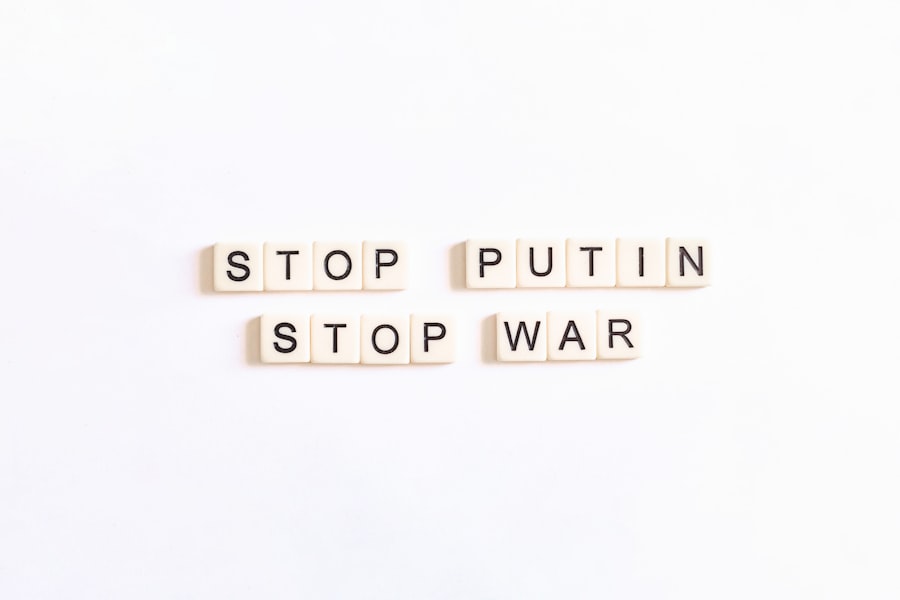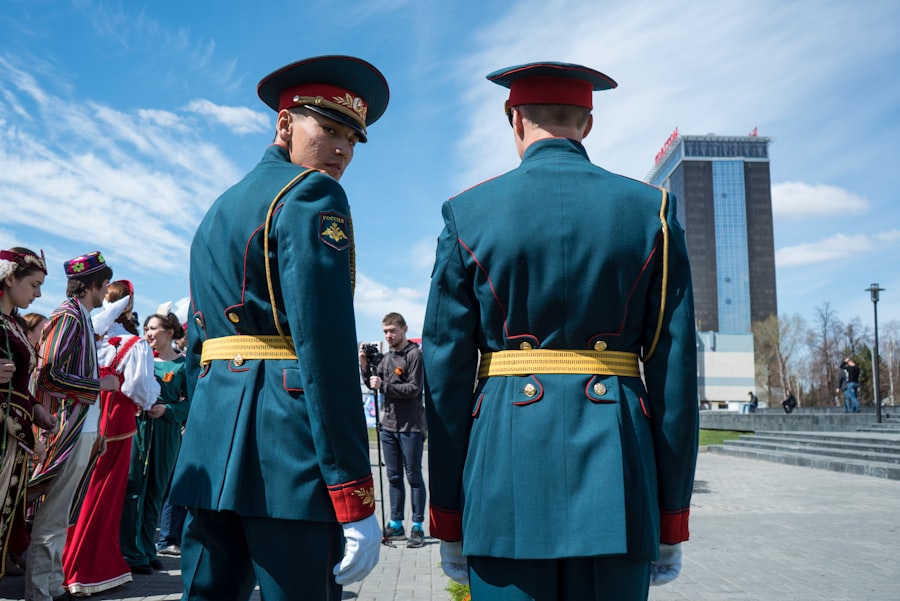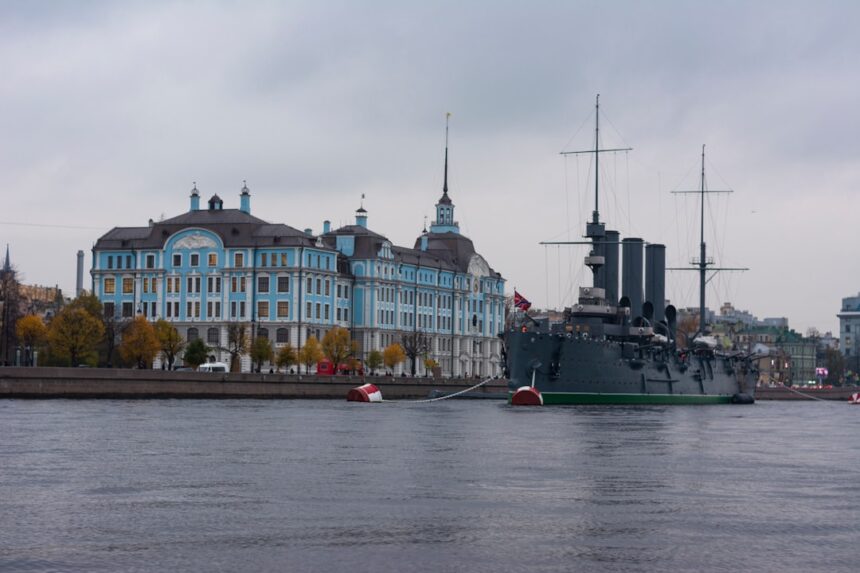Corruption within the Russian military is a pervasive issue that has deep historical roots and manifests in various forms. From embezzlement of funds to procurement fraud, the extent of corruption is alarming and has been documented by numerous reports and investigations. The military budget, which is substantial, often becomes a target for corrupt practices, with officials siphoning off funds intended for equipment, training, and personnel.
This misappropriation not only undermines the operational capabilities of the armed forces but also erodes public trust in military institutions. The complexity of the Russian military structure, combined with a lack of transparency and accountability, creates an environment where corruption can thrive unchecked. Moreover, the intertwining of military and political interests further complicates the landscape of corruption.
High-ranking officials often engage in corrupt practices to secure their positions and maintain power, leading to a culture where unethical behavior is normalized. This systemic corruption is not merely an isolated phenomenon; it reflects broader societal issues within Russia, where corruption permeates various levels of government and public service. As such, understanding the scope of corruption in the Russian military requires a comprehensive examination of both institutional practices and the socio-political context in which they operate.
Key Takeaways
- Corruption in the Russian military is widespread and deeply entrenched, affecting all levels of the armed forces.
- The impact of corruption on the effectiveness of the Russian military is significant, leading to a lack of proper equipment, training, and readiness.
- Corruption in the Russian military poses a serious threat to national security, as it compromises the country’s defense capabilities.
- High-ranking officials play a key role in perpetuating military corruption through their involvement in illicit financial activities and kickback schemes.
- Military corruption undermines the morale of Russian soldiers, leading to a lack of trust and discipline within the armed forces.
The impact of corruption on the effectiveness of the Russian military
The ramifications of corruption on the effectiveness of the Russian military are profound and multifaceted.
Soldiers may find themselves lacking adequate training, equipment, or even basic supplies, which can severely hinder their performance in both peacetime and combat situations.
The failure to invest in modern technology and infrastructure due to corrupt practices can leave the military ill-prepared to face contemporary threats, ultimately diminishing its effectiveness on the global stage. Additionally, corruption fosters a culture of inefficiency and complacency within the ranks. When personnel are aware that promotions and contracts are often awarded based on favoritism rather than merit, it can lead to a decline in motivation and professionalism.
Soldiers may feel disillusioned by a system that rewards corruption over competence, resulting in a workforce that is less committed to their duties. This erosion of professionalism not only affects individual units but can also have cascading effects on overall military cohesion and effectiveness.
How corruption in the Russian military affects national security

Corruption within the Russian military poses significant threats to national security, as it undermines the very foundation upon which a nation’s defense is built. When resources are mismanaged or stolen, the military’s ability to respond to external threats diminishes. This vulnerability can embolden adversaries who may perceive Russia as weakened or distracted by internal strife.
Furthermore, a corrupt military may struggle to maintain strategic alliances or partnerships, as other nations may question its reliability and integrity. The implications extend beyond immediate military capabilities; they also affect intelligence operations and strategic planning. Corruption can lead to compromised information sharing and hinder effective decision-making processes.
In an era where geopolitical tensions are high, the inability to act decisively due to internal corruption can have dire consequences for national security. As such, addressing corruption within the military is not merely an administrative concern but a critical component of safeguarding the nation’s sovereignty and stability.
The role of high-ranking officials in perpetuating military corruption
| Official Position | Corruption Involvement | Impact |
|---|---|---|
| General | Direct involvement in kickbacks and embezzlement | Undermines military effectiveness and morale |
| Colonel | Facilitating illegal arms deals | Compromises national security |
| Admiral | Accepting bribes for favorable contracts | Wastes taxpayer money and distorts procurement process |
High-ranking officials play a pivotal role in perpetuating corruption within the Russian military. These individuals often wield significant power and influence, allowing them to manipulate systems for personal gain. By engaging in corrupt practices such as bribery, kickbacks, and nepotism, they create an environment where ethical standards are disregarded.
Moreover, these officials often exploit their positions to shield themselves from accountability. The lack of oversight and transparency allows them to operate with impunity, further entrenching corrupt practices within the military hierarchy.
This complicity at the highest levels not only perpetuates corruption but also stifles any attempts at reform or accountability from lower-ranking officers who may wish to challenge the status quo. As long as high-ranking officials continue to benefit from corrupt systems, efforts to combat corruption will face significant obstacles.
The ways in which corruption undermines the morale of Russian soldiers
Corruption has a detrimental effect on the morale of Russian soldiers, who often find themselves caught in a system that prioritizes personal gain over their welfare. When soldiers witness funds intended for their training or equipment being siphoned off by corrupt officials, it breeds resentment and disillusionment. This sense of betrayal can lead to a lack of trust in leadership and a diminished sense of duty among personnel.
Soldiers may feel that their sacrifices are undervalued in a system that rewards dishonesty over dedication. Furthermore, when promotions and assignments are influenced by corrupt practices rather than merit, it can create an atmosphere of competition based on unethical behavior rather than skill or commitment. This not only demotivates those who strive to excel but also fosters an environment where mediocrity is tolerated.
As morale declines, so too does unit cohesion and effectiveness, ultimately impacting operational readiness and success.
The connection between military corruption and organized crime in Russia

The nexus between military corruption and organized crime in Russia is a troubling aspect of the broader issue of corruption within the country. Criminal organizations often exploit corrupt military officials to facilitate their activities, creating a symbiotic relationship that undermines both national security and public safety. For instance, arms trafficking and illegal procurement can occur with the complicity of military personnel who are willing to turn a blind eye for financial gain.
This connection not only exacerbates corruption within the military but also poses significant risks to society at large. The infiltration of organized crime into military operations can lead to increased violence and instability, as criminal groups may seek to expand their influence through coercion or intimidation. Additionally, this relationship can further erode public trust in both the military and law enforcement agencies, as citizens become increasingly aware of the collusion between these entities.
Efforts to combat and root out corruption within the Russian military
In response to the pervasive issue of corruption within its ranks, there have been various efforts aimed at combating this problem within the Russian military. Initiatives have included implementing stricter oversight mechanisms, enhancing transparency in procurement processes, and establishing anti-corruption units tasked with investigating allegations of misconduct. These measures reflect an acknowledgment at some levels that corruption poses a significant threat to military effectiveness and national security.
However, despite these efforts, progress has been slow and fraught with challenges. Institutional resistance from entrenched interests often hampers reform initiatives, as those benefiting from corrupt practices may actively work against change. Additionally, a lack of political will at higher levels can stymie efforts to hold corrupt officials accountable.
As such, while there are initiatives aimed at addressing corruption within the military, their effectiveness remains limited without comprehensive support from both leadership and society.
The challenges of holding corrupt military officials accountable in Russia
Holding corrupt military officials accountable in Russia presents numerous challenges that complicate efforts to address this pervasive issue. One significant obstacle is the entrenched culture of impunity that exists within the military hierarchy. High-ranking officials often enjoy protection from prosecution due to their connections or influence, making it difficult for lower-ranking personnel or whistleblowers to come forward with allegations without fear of retribution.
Moreover, legal frameworks designed to address corruption may be inadequately enforced or manipulated to protect those in power rather than punish wrongdoing. Investigations into corrupt practices can be stymied by bureaucratic hurdles or lack of resources, further complicating accountability efforts. As long as these systemic barriers remain in place, it will be challenging to create an environment where integrity is prioritized over personal gain.
The role of external actors in enabling or combatting military corruption in Russia
External actors play a crucial role in either enabling or combatting military corruption in Russia. On one hand, foreign governments or corporations seeking to engage with Russia may inadvertently contribute to corrupt practices by offering bribes or engaging in unethical business dealings with military officials. Such interactions can perpetuate a cycle of corruption that undermines efforts for reform within the military.
Conversely, international organizations and foreign governments advocating for anti-corruption measures can provide valuable support for reform initiatives within Russia’s military structure. By promoting transparency and accountability through diplomatic channels or economic incentives, these external actors can help create pressure for change. However, navigating this complex landscape requires careful consideration of Russia’s political climate and willingness to engage with external influences.
The implications of military corruption for Russia’s international relations
Military corruption has far-reaching implications for Russia’s international relations, affecting its standing on the global stage. Nations may view Russia with skepticism if they perceive its military as compromised by internal corruption; this perception can hinder diplomatic relations and limit opportunities for collaboration on security matters. Furthermore, allegations of corruption can undermine Russia’s credibility when it comes to arms control agreements or international treaties.
Additionally, countries may be less inclined to engage with Russia militarily if they believe that its armed forces are weakened by internal strife or inefficiency due to corruption. This could lead to increased isolation for Russia on international platforms where cooperation is essential for addressing global security challenges. As such, addressing corruption within the military is not only vital for national security but also crucial for maintaining healthy international relations.
The future of the Russian military in light of ongoing corruption issues
The future of the Russian military remains uncertain as ongoing issues of corruption continue to plague its operations and effectiveness. Without significant reforms aimed at addressing these systemic problems, it is likely that the military will struggle to maintain its operational readiness and credibility on both domestic and international fronts. The potential for continued internal strife due to disillusioned personnel could further exacerbate existing challenges.
However, there remains hope for change if there is genuine political will from leadership to tackle these issues head-on. By prioritizing transparency, accountability, and ethical conduct within its ranks, Russia could begin to rebuild trust among its soldiers and citizens alike. Ultimately, addressing corruption will be essential not only for enhancing military effectiveness but also for ensuring national security and fostering positive international relations moving forward.
In recent years, the issue of military corruption in Russia has garnered significant attention, with various reports highlighting the systemic challenges within the Russian armed forces. A related article that delves into the intricacies of this topic can be found on the website “In The War Room.” This article provides an in-depth analysis of the factors contributing to corruption within the Russian military and explores the broader implications for national security and international relations. For more detailed insights, you can read the full article by visiting




